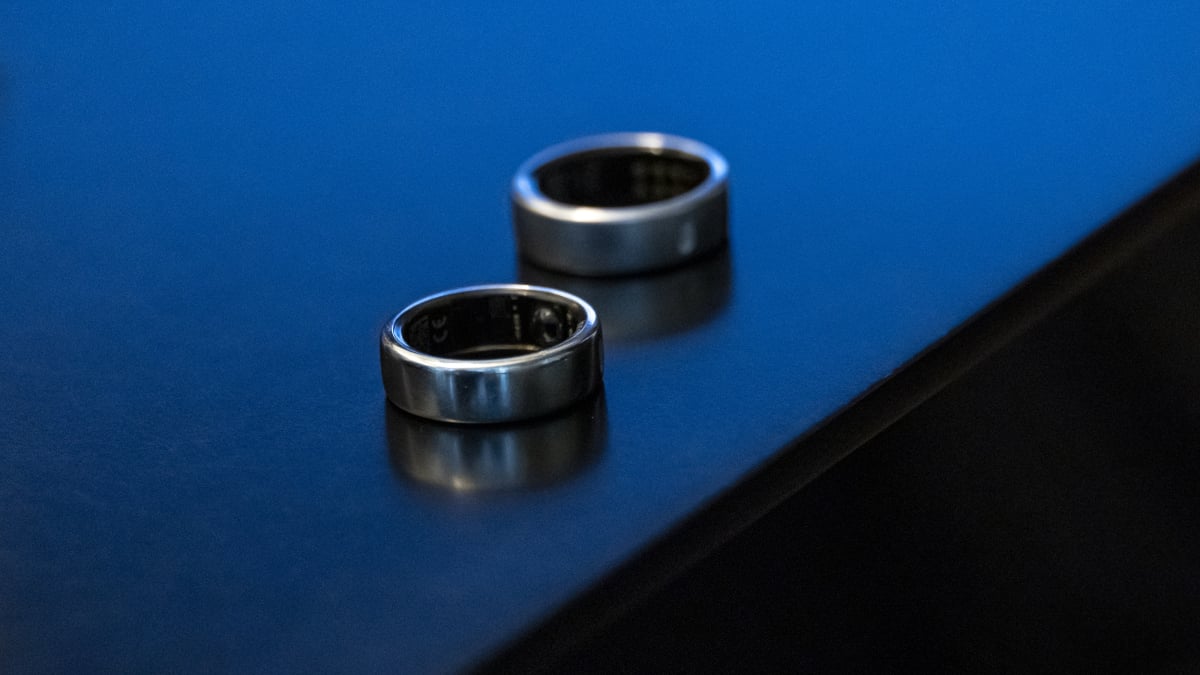Oura Ring has announced a partnership with the U.S. Department of Defense (DoD), and many users online are not happy about it. The announcement sparked immediate backlash across social platforms, with concerns ranging from misinformation about data privacy to broader moral objections over the company’s willingness to work with the U.S. military.
Some users speculated — incorrectly — that personal health data from Oura’s consumer rings was being shared with the military. Others focused less on privacy and more on principle: questioning whether they want to support a company that collaborates with the Department of Defense at all.
This Tweet is currently unavailable. It might be loading or has been removed.
To clarify, Oura’s work with the U.S. military isn’t new. Tom Hale, Oura’s chief executive officer, called their relationship with the DoD “longstanding” in a press release last week.
“We’re proud to expand manufacturing to the United States and are committed to empowering the Department of Defense with technology that prioritizes security and promotes readiness, resilience, and effectiveness to support service members and their missions,” Hale said.
According to Oura, this expanded partnership is limited to its enterprise business, which is separate from its consumer offerings — meaning none of your data is currently being used to support military projects.
In an email to Mashable, Oura said it would “never sell, rent, or share your personal data with any third party without your express consent.” This announcement, Oura told its customers, is “exclusively limited to our project support for U.S. service men and women.” That support includes investing in manufacturing operations in Fort Worth, Texas, working closely with active duty military “to determine factors that impact soldier effectiveness,” and “advancing military readiness,” according to Oura’s press release.
Mashable Light Speed
“Unless you’re a service member who is enrolled in a Department of Defense (DoD) health or human-performance program that uses Oura Ring — AND you have consented to share your data with that program — your data will never be shared with the DoD,” Oura told concerned customers.
Hale also took to TikTok to clarify that user data is safe.
Users online also worried about Oura’s connection with Palantir, a software company that works with intelligence agencies and defense departments and has a significant presence in Israel and the U.S.
“Underscoring its commitment to responsible data practices, ŌURA will be available to support population-level analysis of risk and Readiness on Palantir’s FedStart platform, which is authorized at IL5 — enabling deployment of the Oura Enterprise Platform in environments with heightened security and compliance needs,” Oura said in a press release.
In a clarification to concerned users, Oura said it does not have a partnership with Palantir, but rather “Palantir provides the security layer for some of the DoD’s projects with Oura, particularly projects with rigorous security requirements to operate Oura’s platform within secure environments.”
Despite these clarifications, the announcement has left some customers reconsidering their relationship with the brand. While Oura’s consumer data does appear safe from military use, the company’s willingness to align with defense and intelligence contractors is now part of the equation for users deciding whether to keep wearing the ring.
The question now is whether users are comfortable supporting a tech company that openly collaborates with the U.S. military, regardless of how securely their data is handled.






